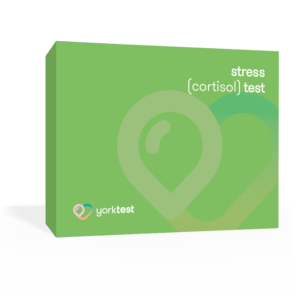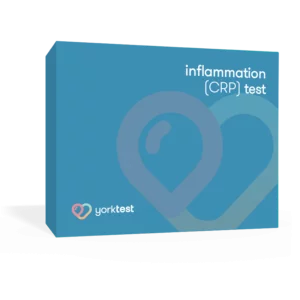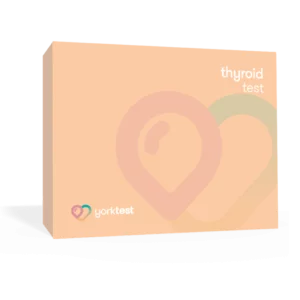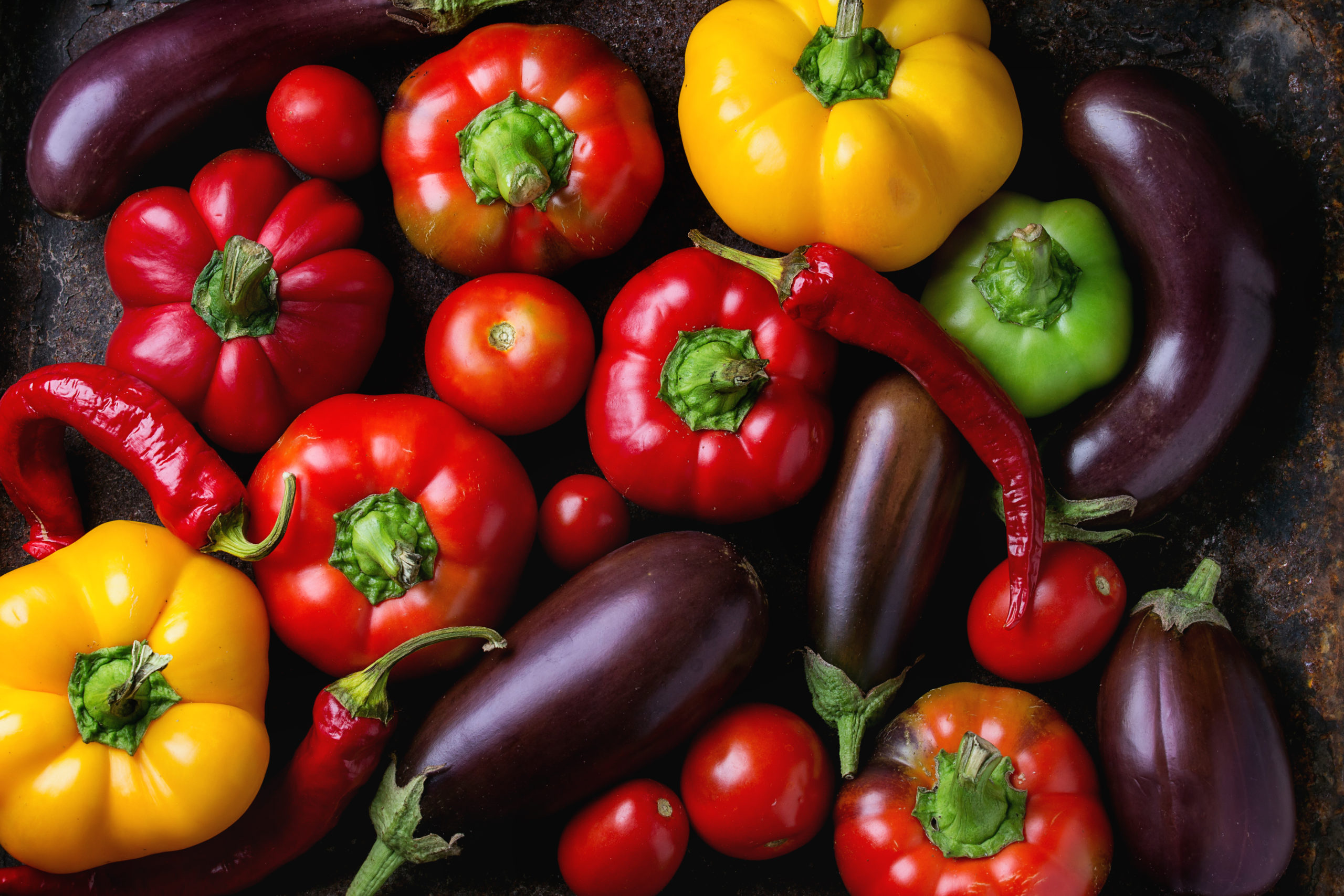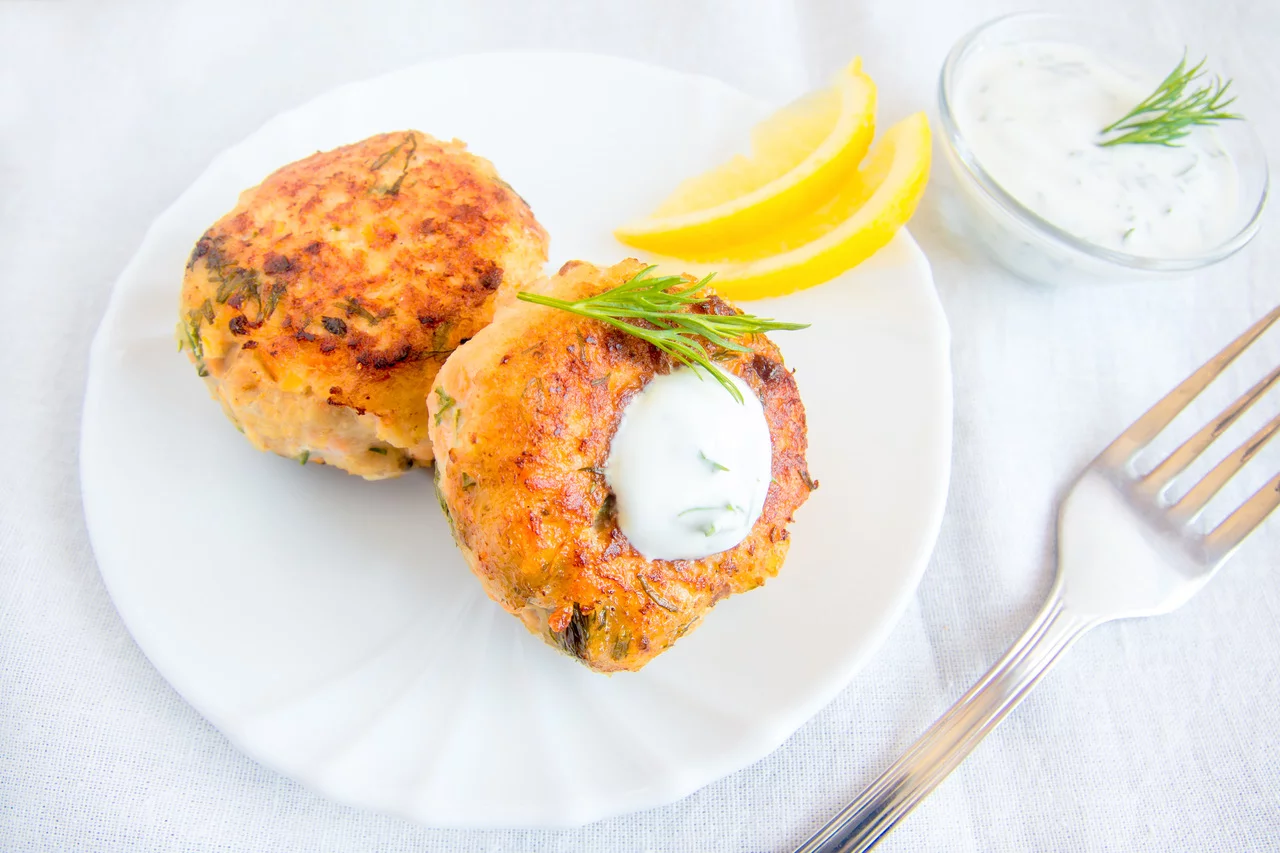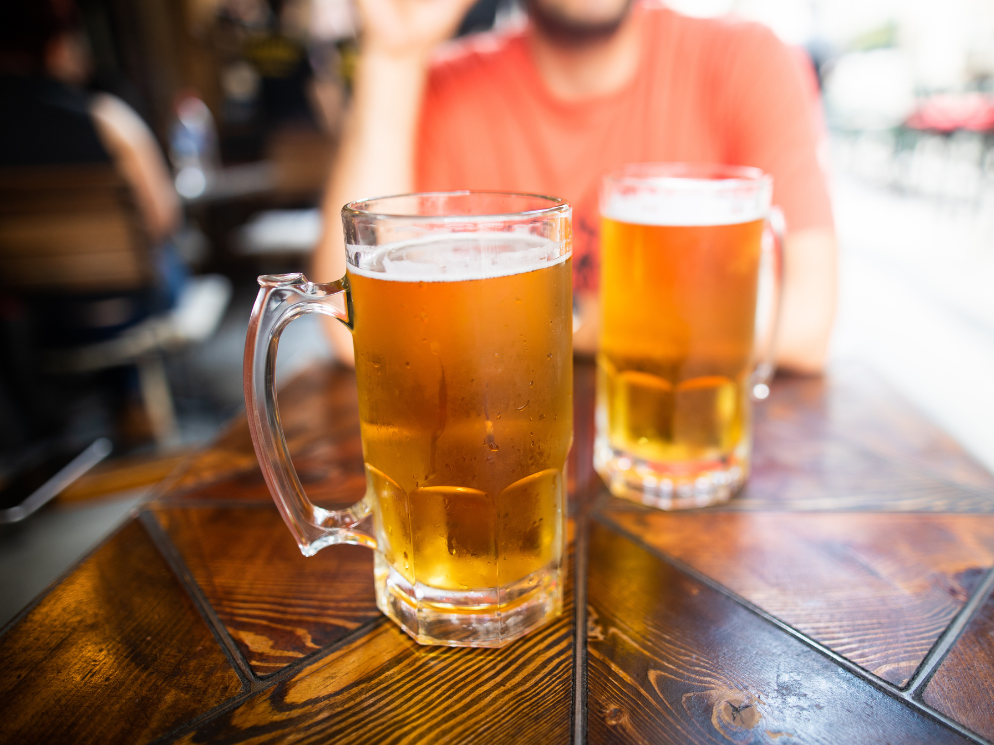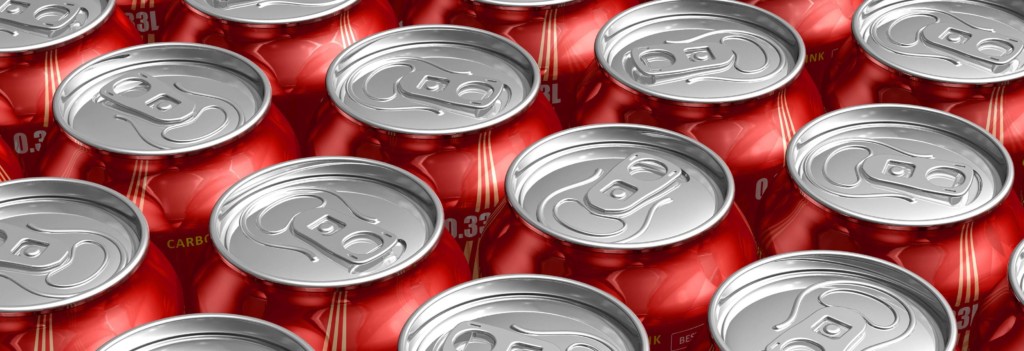

Aspartame is an artificial sweetener; intensely sweet being over 200 times sweeter than sugar. It has been used in fizzy drinks and low calorie and sugar free foods for many years. It is also known as E951 (it is an E Number) and is the ingredient in sweeteners such as Canderel, Equal and NutraSweet. You can tell if aspartame is present as an ingredient by checking product labelling (it has to be mentioned); but it also gives quite an unpleasant after taste.
What is aspartame?
Aspartame is a very small molecule which is a derivative of 2 linked amino acids (the building blocks of proteins). It isn’t suitable for use in baking as these molecules breakdown and the “sweetness†is lost; another sweetener sucralose is much more stable and so is more widely used for baking. Over the years there have been many studies looking into the safety of aspartame.
While studies with industry funding give aspartame the OK, independently funded work generally does not. Upon ingestion, aspartame breaks down into components aspartic acid, phenylalanine and methanol, then also further products including formaldehyde and formic acid; known to be toxic. Still, up to this day there are many studies being published in the literature to try and determine whether aspartame is safe or not.
Is aspartame healthy?
Aspartame may seem healthy as it is a substitute for sugar, however, drinking diet drinks does not reduce a sweet tooth or cravings. When you drink something sweet researchers argue your body comes to expect a caloric boost. Artificial sweeteners can alter this link to the brain and the craving for sweetness doesn’t go away.
The only way to reduce sugar cravings is to reduce sugary (and sweetener loaded) foods replacing them with low glycemic load (GL) foods instead. Foods with a low GL keep you satisfied for longer, so that you eventually can beat those cravings and feel healthier.
Nutritional Therapist, Sarah Hughes, says: “I had a client a few years ago whose entire fluid intake consisted of diet drinks, she was drinking on average 2 litres per day plus eating lots of low fat foods which were also full of aspartame. Over the years she developed nervous system problems akin to the beginnings of multiple sclerosis which baffled the doctors. I persuaded her to cut out the diet drinks which was not easy, she had to reduce the amount gradually but finally after several months of zero aspartame consumption her symptoms disappeared.”
Reports of reactions to aspartame have included headaches, premature birth, cancer, seizures, ADHD and MS. Interestingly, the NHS advises pregnant women to avoid aspartame and artificial sweeteners.
What are the benefits of aspartame?
One of the main benefits of aspartame is to make drinks taste sweet, replacing or complementing sugar. You usually find aspartame in low fat or zero sugar food and drinks. For this reason, aspartame can significantly reduce the calories in foods and beverages.
What are the safest artificial sweeteners to use?
Due to widespread media attention regarding some sweeteners, like aspartame, many people are opting for natural sweeteners to get their sweet taste buds tingling. People may also opt for natural sweeteners to cut down on the amount of refined sugar they consume.
Three natural sweeteners include:
- Stevia: Stevia is extracted from the leaves of a plant called Stevia redbaudiana. In a few studies, stevia has been shown to lower blood pressure and even blood sugar levels.
- Xylitol – You may have heard of this natural sweetener before. Usually found in chewing gum, it has been shown to have some benefits for dental health.
- Erythritol: Erythritol is naturally found in certain fruits, making it extremely sweet. It is thought to have 70% of the sweetness of sugar.
Think before you drink
If in doubt then you do have choices, and do check labelling. Drink sizes have increased hugely over the past few years and therefore quantities of aspartame have increased.
There are plenty of low sugar or no sugar drink alternatives such as a lime and soda, fizzy water with some lemon or lime, herbal teas including mint and the berry teas. Cinnamon has a sweet taste to it, apple and cinnamon tea is a sweet, warming, and comforting drink which is a great wind down before bed.
To learn more about the impact food intolerances could have on your health feel or to see whether IgG antibody reactions to foods and drinks are detected in your blood, why not take our Premium Food Intolerance Test? Our most comprehensive test analyses your IgG reactions to up to 200 ingredients.



